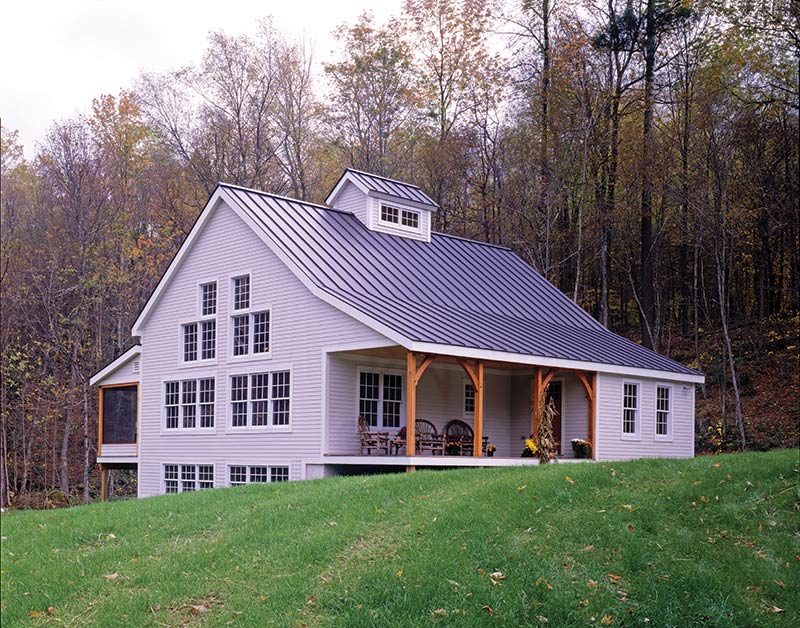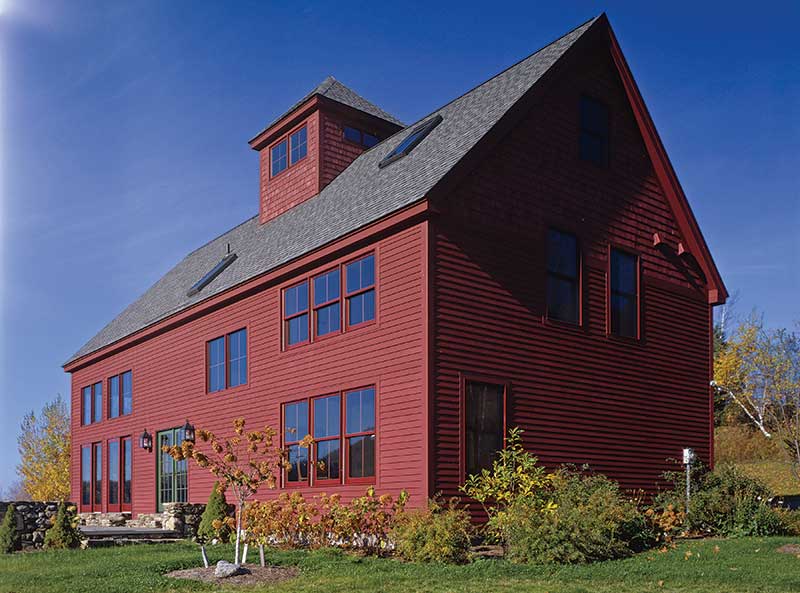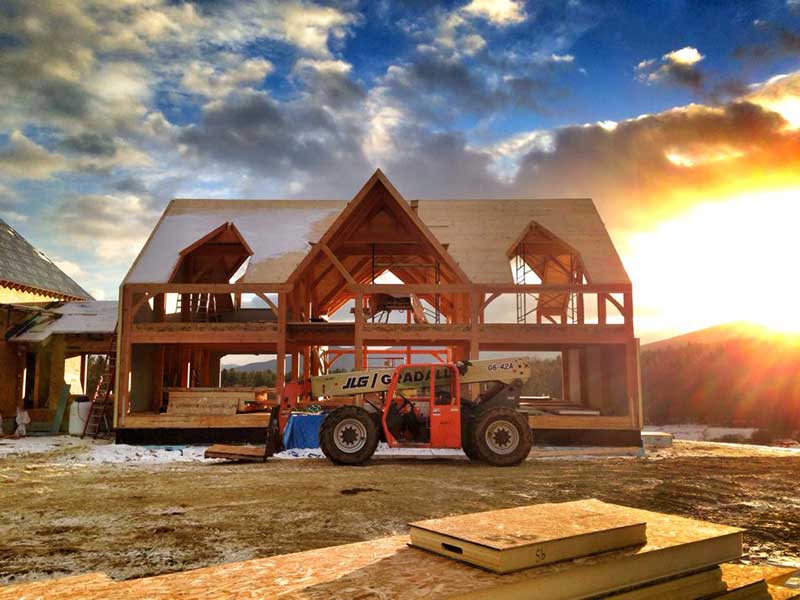If you are building a brand new home from scratch, you will probably find yourself grinding your teeth in anticipation during the process. Why? Well, because there is a lot on the line. You might be eager to move into your dream home as soon as possible. Or life circumstances might mean you will be out on the streets before your home build is complete. Plus, all kinds of things can slow the process down. Without proper planning, unexpected costs can pop up, which might delay your build even more if you run out of funds.
So, how do you reduce stress while building a new home? While it is nearly impossible to eradicate all home-building anxiety, it is certainly possible to keep it at bay and learn how to cope. We share some pointers from our experience.
Have a Well Thought Out Plan
Before lining up all of your contractors, create a plan to outline everything you want and need to get your project started. Keep a digital or hard copy journal where you can track every task and contact. Spreadsheets are very handy for keeping a list with the contact information of the important people involved with your new home construction. A calendar app can send you notifications of important appointments and approaching deadlines.
Any information you can provide contractors before they do their work will be helpful and expedite the process. If you have a rough idea of how you want your interior laid out, giving your architect that sketch will help them determine how large each room should be. Before ordering your building package, make other design decisions like the number of windows, siding type, and roofing style.
When building a new home, there are many moving parts that need to be scheduled around. Here is a list of things you should stay on top of:
- Land procurement
- Permits
- Fresh and wastewater management
- Electrical and phone utilities
- Site preparation
- Driveway excavation
- Carpenters to build your home
- Other contractors to hire for architecture, electrical work, plumbing, etc.
- Funding
This list is not comprehensive, but it’s a decent jumping-off point to keep you on track.
Communication is Key
All the while, you will want to stay on top of communicating with all parties involved in your build. Continue using a calendar for important meetings and dates. Quickly see what is complete, in the works, approaching, or overdue. As you are working with various contractors, lawyers, and town office staff, remember to note anything of importance. Don’t be afraid to get everything documented in writing. Documentation can help minimize confusion later on.
You’ll also want to communicate with your employer if any of the home building tasks require you to take time off work. Your significant other, and other close family members, should also be informed during each step of the build. They can often help with certain tasks or be a supportive ear when you need to vent about things going awry.
Hire Trustworthy Contractors for Your New Home Build
Hiring the right people is crucial, whether it’s a carpenter, excavator, or lawyer. Consider talking to family, friends, and neighbors and find out if they have any recommendations. Read online reviews and see if there is any information on the Better Business Bureau. Most companies won’t have a perfect track record, but you can gauge how they treat their clients by the way they resolve issues. Then, feel them out with a conversation. Ask lots of questions. While you might hire the first contractor you talk to, it is a very good idea to talk to at least a handful to get a feel for who you think would be the best to work with. You want to hire people who will make sure their part of the process is seen through to the end.
Line Up Funding, Plus Some
A great rule to live by is to underestimate the money you have in the bank, and then overestimate your spending. Do this and you are less likely to be blindsided when you have to dish out cash for random expenses. Remember, you will probably need funding for land purchase, some kind of septic or sewer system, and electrical utilities. Plus don’t forget labor and materials for building your house. Smaller expenses add up, like permits, equipment rental, and site preparation. Don’t forget to have funding for those items too. Then, add a little more to that budget. Get your construction loan approved before beginning the build. Doing so will save a lot of frustration from the beginning.
Have Realistic Expectations and Don’t Forget to Breathe
One way to ensure smooth sailing is to have realistic expectations. Listen to the expertise of your contractors when they tell you how long something is going to take. You can try to get them to expedite their tasks if you are in a hurry. But if you do that, you increase the chance of sloppy work. In the end, that can slow things down even more.
Expect that some things might go wrong that are out of your control. Equipment breaks down, terrible weather can obliterate workdays, and people get sick. Budget your time and tack on a couple of extra months to your building deadline. While it might be irritating to have your project take a long time, having patience will go a long way in keeping anxiety and blood pressure down during this process.
You will need breaks from thinking about your home build as well. Prioritize making time for relaxation with family when you start feeling burnt out. Exercise, meditation, and getting out into nature are all activities that can ease your nerves as well. And remember, you are building your new home just the way you want it. You will have your sanctuary awaiting you and the journey to get there can also be fun. Enjoy learning the process and take satisfaction in bringing your dreams into reality. You deserve it!












